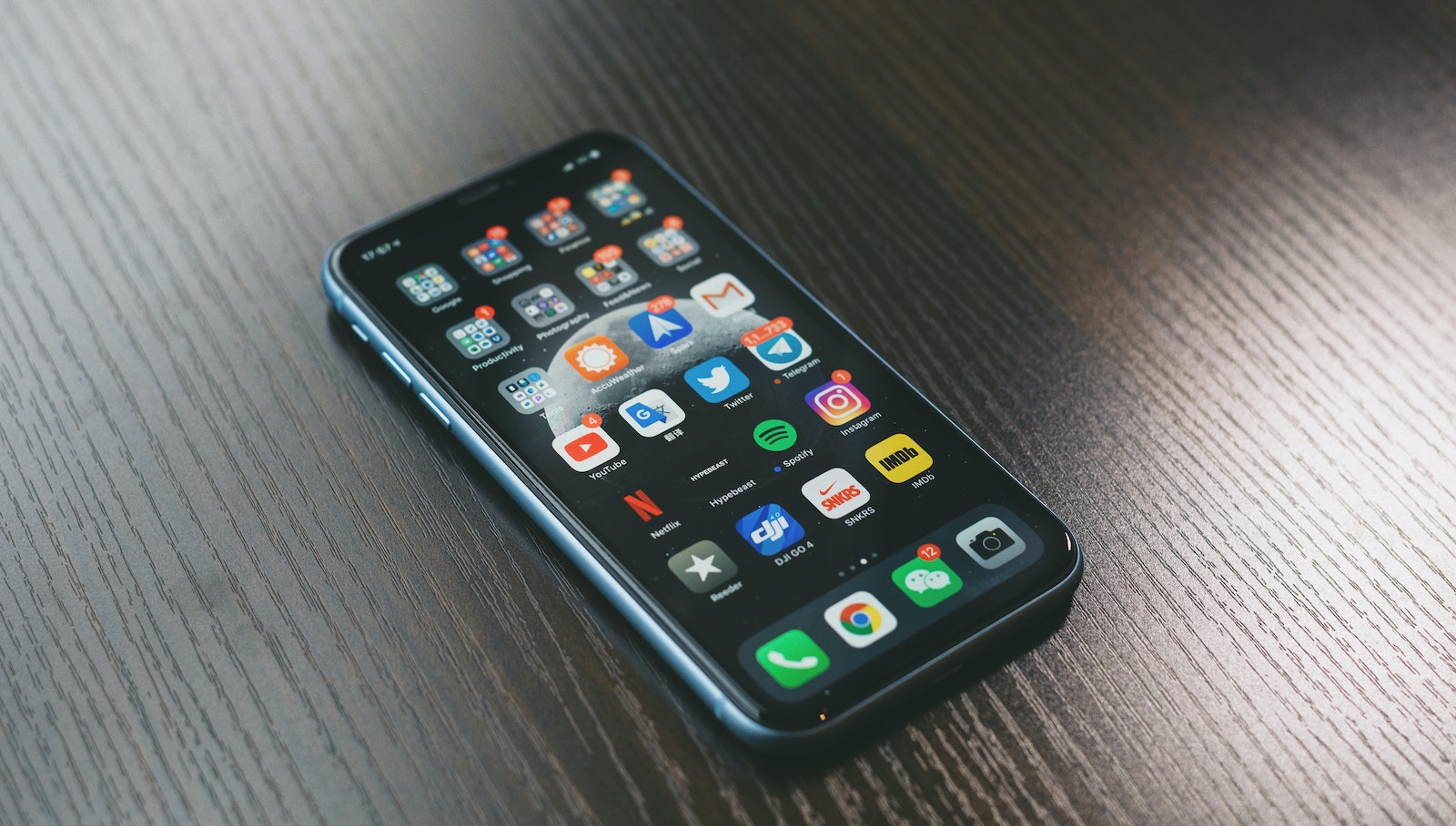
Fake tickets, real heartbreak: Tips for fans to spot scams
Counterfeit tickets to concerts and big sporting events are a huge problem.

Many of the biggest names in music are touring this summer — some for the first time in years. Besides Taylor Swift and the Rolling Stones, touring this year are Olivia Rodrigo, Bad Bunny, Bruce Springsteen, Kacey Musgraves, Green Day and Nicki Minaj, not to mention the Eagles’ farewell tour. And there are always in-demand playoff games for the NBA, hockey and MLB.
In most cases, the venues sell out in minutes. In other cases, because tickets are expensive to buy directly, some fans may be looking for deals from folks who bought tickets but can’t go. When you also throw in many people’s ongoing pent-up desire to go to big crowded events post-pandemic, you’ve got the potential for scams.
Counterfeit tickets and various scams have been a problem for years. Technology improves every year, making it more difficult than ever to spot fake tickets or detect a scam until it’s too late.
Here's some critical advice about buying event tickets:
Don't buy from an individual you don't know
Unless you’re buying tickets from someone you actually know – a co-worker, a relative, a super close friend – then don’t try to buy tickets from an individual person. No Facebook Marketplace. No Craigslist. No Instagram.
Never pay for tickets with P2P, such as Zelle, Venmo, PayPal, CashApp, etc.
Unless you know the individual personally, never pay for tickets with a P2P service or wire transfer. Fast payment often means fast fraud. If it’s a scam, you’ll never get your money back.
And when buying tickets through a reseller, pay within the website, not offline.
Buy tickets with a credit card, not a debit card
You have far greater protections with a credit card under the Fair Credit Billing Act if you do buy counterfeit tickets or your payment information is used fraudulently. It won’t help you get to the concert or game but at least you should get your money back.
And you never want to use a debit card on a primary checking account anyway, because it exposes your bank account. It’s like someone getting your ATM card and the PIN.
Buy tickets only through known, established resellers
If you’re looking for a reseller, make sure it’s legit, such as TicketMaster, VividSeats, SeatGeek, etc. Many genuine, although lesser-known resellers are members of the National Association of Ticket Brokers. Not all well-known resellers are, though. You can look up a company using this tool.
Watch out if you’re just doing an online search for “Rolling Stones tickets” or something like that. You could stumble onto goodness-knows-what-kind-of-website. A scammer can, for example, create a website with the URL: TlCKETMASTER.COM Did you notice that the second letter of the URL is a lower-case L and not an I? Betcha didn’t.
Get the reseller's guarantee in writing
The reseller’s commitment to protecting your purchase and your money should be in writing on the website. You don’t need to ask for it. If you do, you don’t want to buy from them. And take a screenshot of the guarantee.
What do they promise if are counterfeit or aren’t available after all. Does the reseller promise to get you other tickets? Does it simply offer a refund including all fees and then you’re sitting at home or in the parking lot?
Be skeptical about tickets that are almost impossible to find
If we’re talking about one of the big name concerts, or a band on its farewell tour, or a hot playoff sporting event, be extra paranoid. We can guarantee you the con artists have already been hard at work for months and, unfortunately, some music and sports fans will fall victim through one of a bunch of different ways. Don’t be desperate. Don’t jump on some offer without checking it out.
Desperate people get scammed. People tend to suspend their common sense when they’re desperate.
Watch out for speculative tickets that don't exist yet
When buying from a reseller website, look for clues the seller doesn’t actually have the tickets in hand. Do they list the row and seat numbers? Or do they list just the section and maybe the row?
Some websites list tickets available for purchase when the tickets haven’t even gone on sale yet, even through special pre-sales. They’re hoping — speculating — they’ll have tickets to sell. The less information provided, the more chance the seller may not actually have the tickets in hand. And they may never get them.
Check whether the seats actually exist
When buying tickets, make sure the section and seat number on the ticket you want to buy actually exist in the venue. It’s easy to confirm on arena websites.
Look for complaints about the ticket seller
Search for negative reviews about the ticket seller and look for complaints filed with your state attorney general’s office. You can also do a search for the name of the seller or email address or phone number and the word “scam” or “fraud” or “counterfeit.”
How can you spot fake tickets?
You can’t. Don’t try. If you’re looking at photos of tickets or even actually holding tickets in your hand, there’s no guarantee you’ll be able to detect a counterfeit ticket. Find out whether a venue even offers paper tickets. Some places don’t. And scammers can create realistic-looking e-tickets or QR codes.
It’s OK not to buy
If all else fails, and you think you’re taking a chance by buying tickets that you’re not sure are legit, just don’t buy them. Make the decision to not go to the concert or the game. If you decide to take a chance, you may spend far more time sorting out the fraud and trying to get your hundreds or thousands of dollars back than you would have spent at the concert.
Two other important points:
- Consumers who do snag tickets for concerts, big sports matches or other events are warned to never post photos of their tickets online because thieves could hijack the barcodes or information to go to the event themselves or create counterfeit tickets, according to the FBI.
- People should watch out for con artists who are supposedly selling tickets (or renting out a home or selling a car) and say they need to send you a code to verify your identity. It’s usually a six-digit code. What they’re really doing is one of two things:
** If they have your email address, they send a “forgot password” to your email provider and use the code you give them to change your password and hack your account and do all kinds of bad things, including possibly raiding your bank account, sending emails impersonating you to others, etc. (Remember how much damage was caused when Clinton aide John Podesta’s email was hacked back in 2016.)
** If they have your phone number, they can use the code to set up a Google Voice account in your name and use that phone number to scam people, in your name.
If you encounter a person saying they want to send you a code to verify your identity, RUN! It’s bad news.

Is this text, or call, or email, a scam?
Topics
Authors
Teresa Murray
Consumer Watchdog, U.S. PIRG Education Fund
Teresa directs the Consumer Watchdog office, which looks out for consumers’ health, safety and financial security. Previously, she worked as a journalist covering consumer issues and personal finance for two decades for Ohio’s largest daily newspaper. She received dozens of state and national journalism awards, including Best Columnist in Ohio, a National Headliner Award for coverage of the 2008-09 financial crisis, and a journalism public service award for exposing improper billing practices by Verizon that affected 15 million customers nationwide. Teresa and her husband live in Greater Cleveland and have two sons. She enjoys biking, house projects and music, and serves on her church missions team and stewardship board.
Find Out More

Food for Thought 2024

Safe At Home in 2024?

5 steps you can take to protect your privacy now
